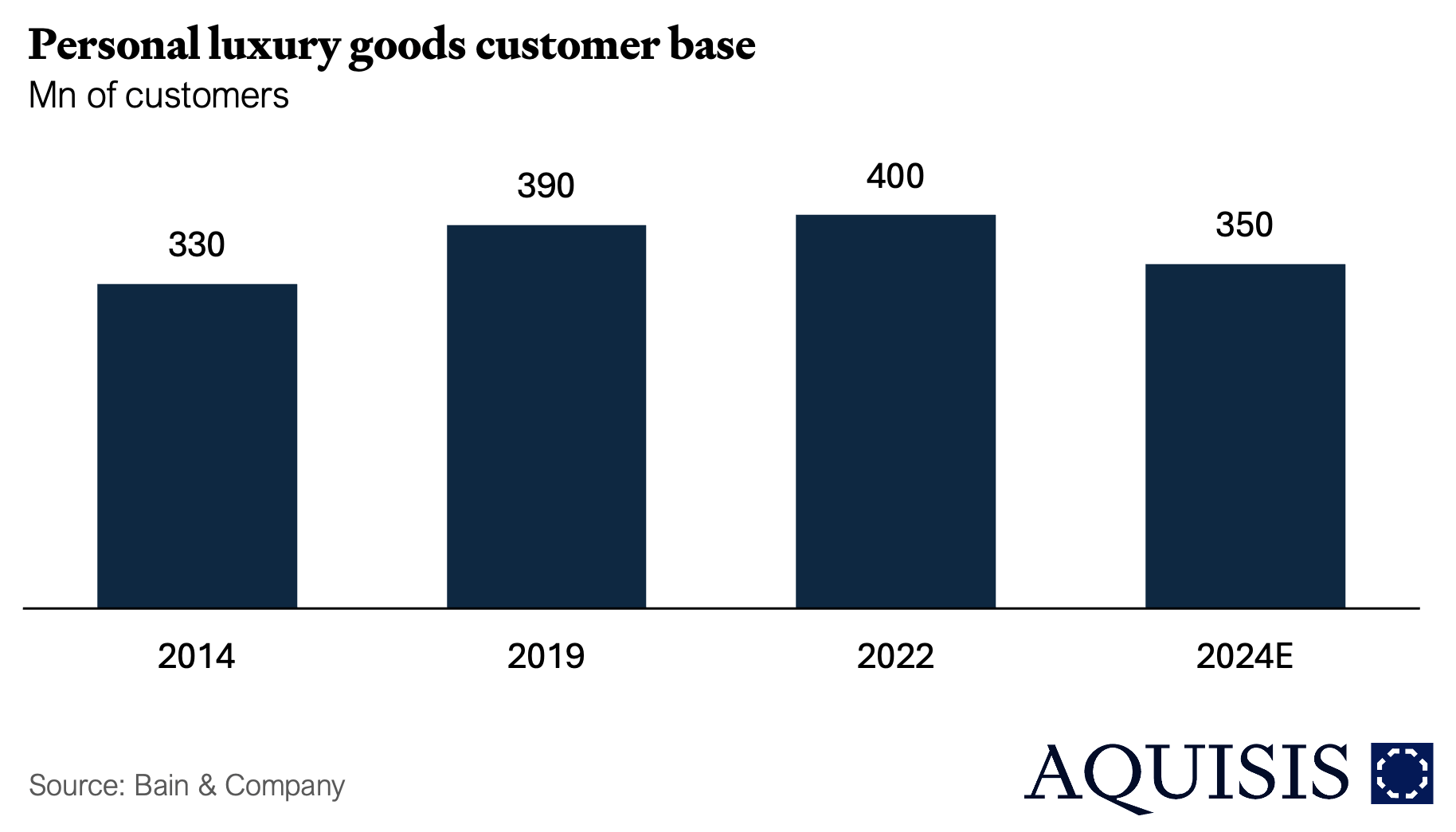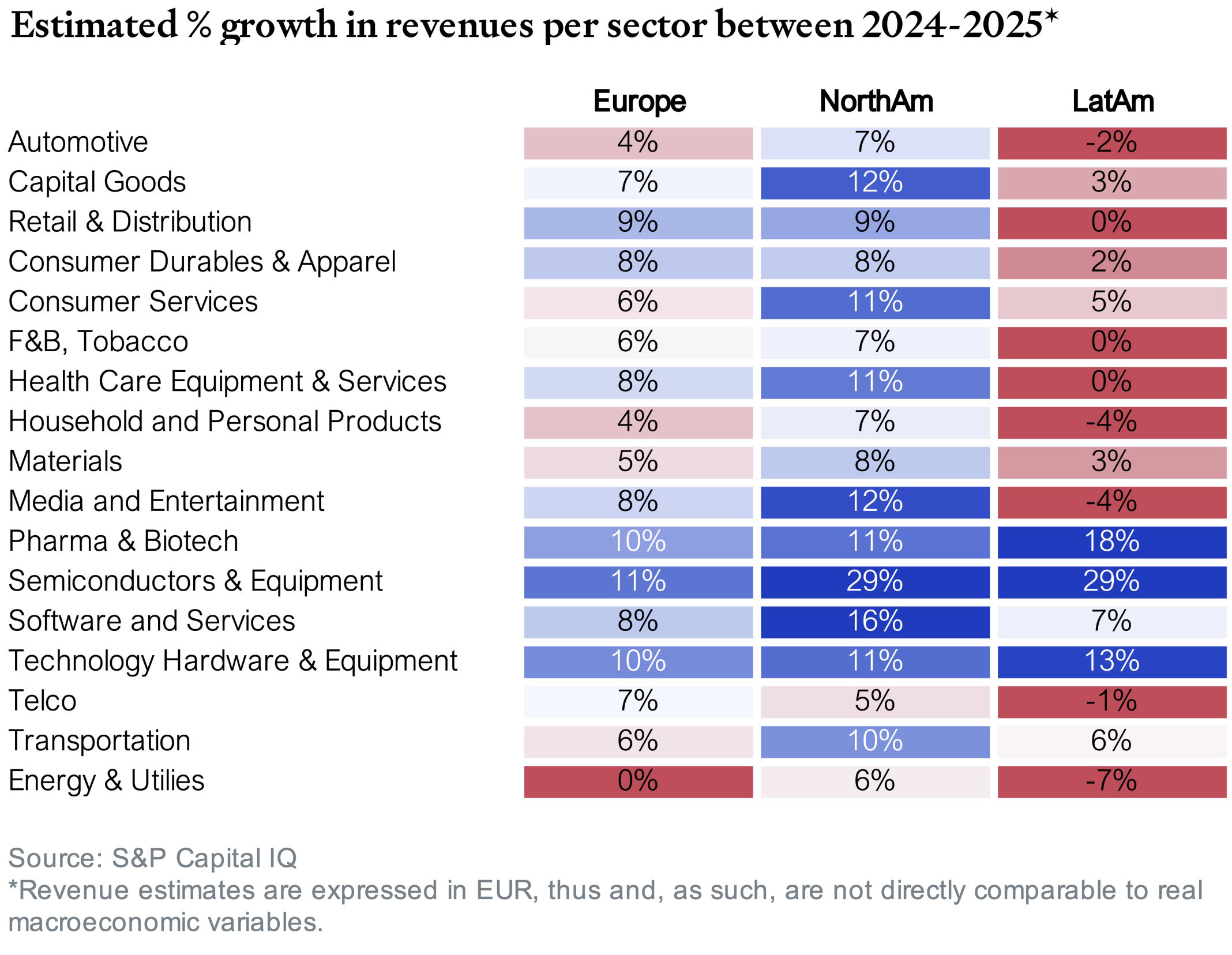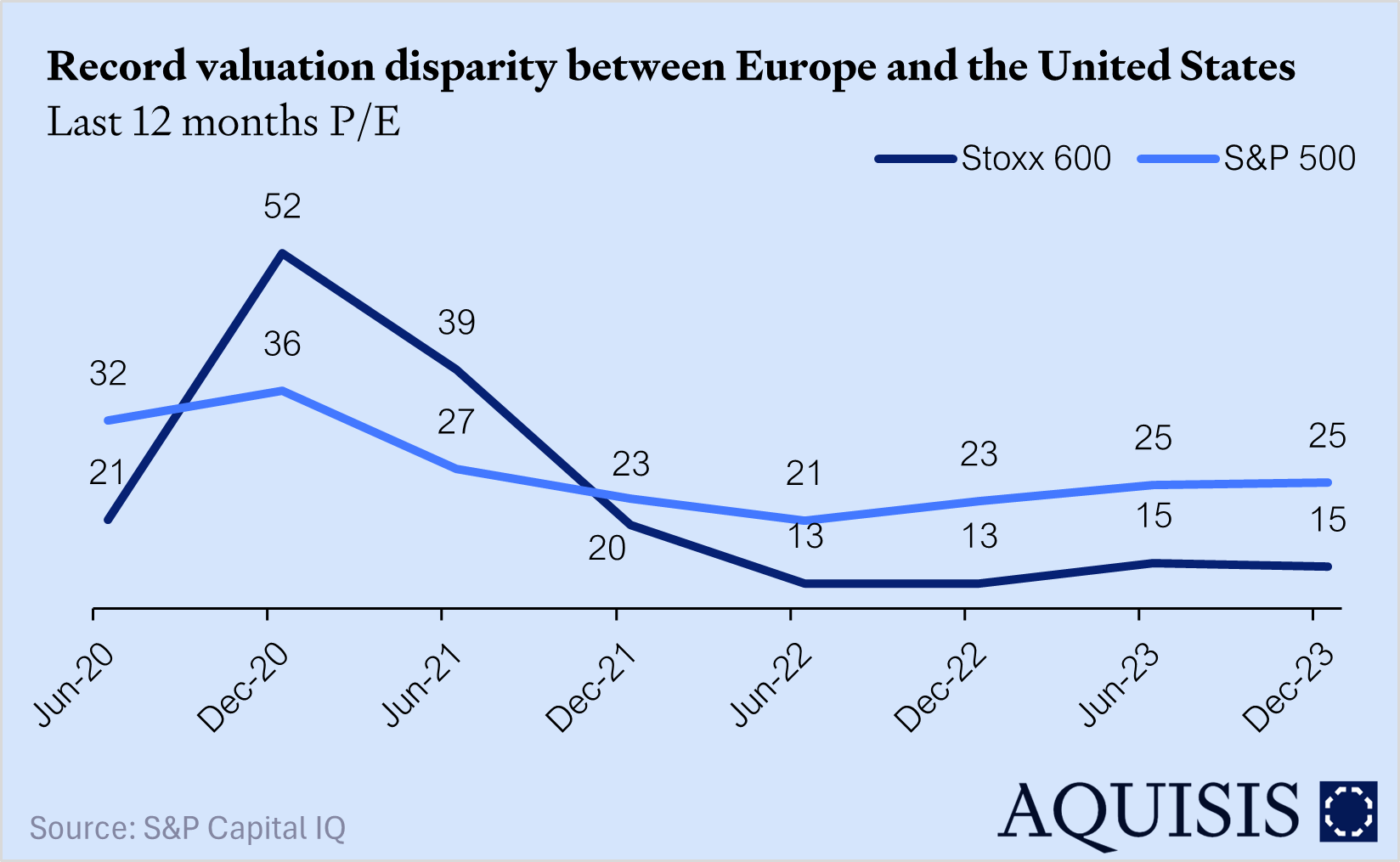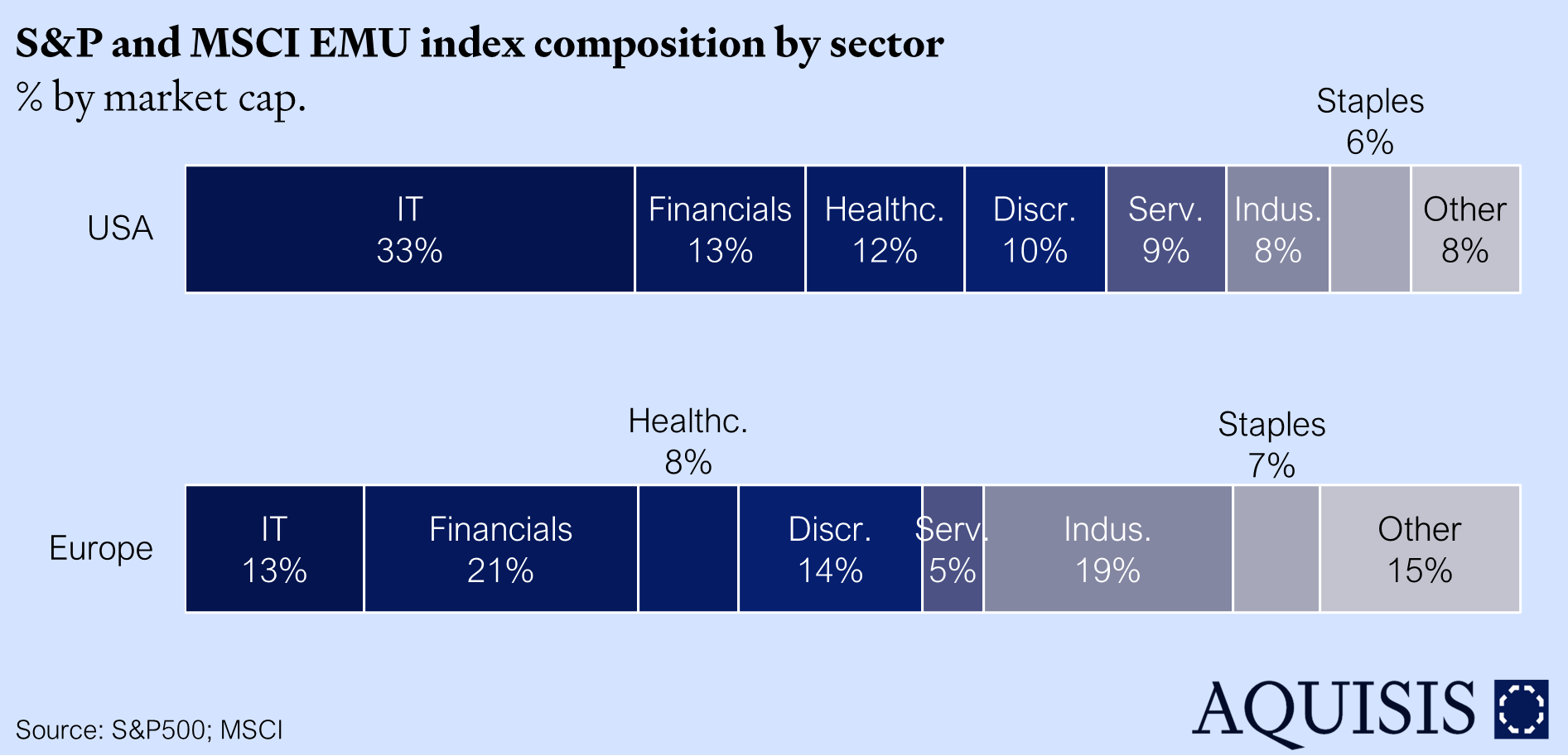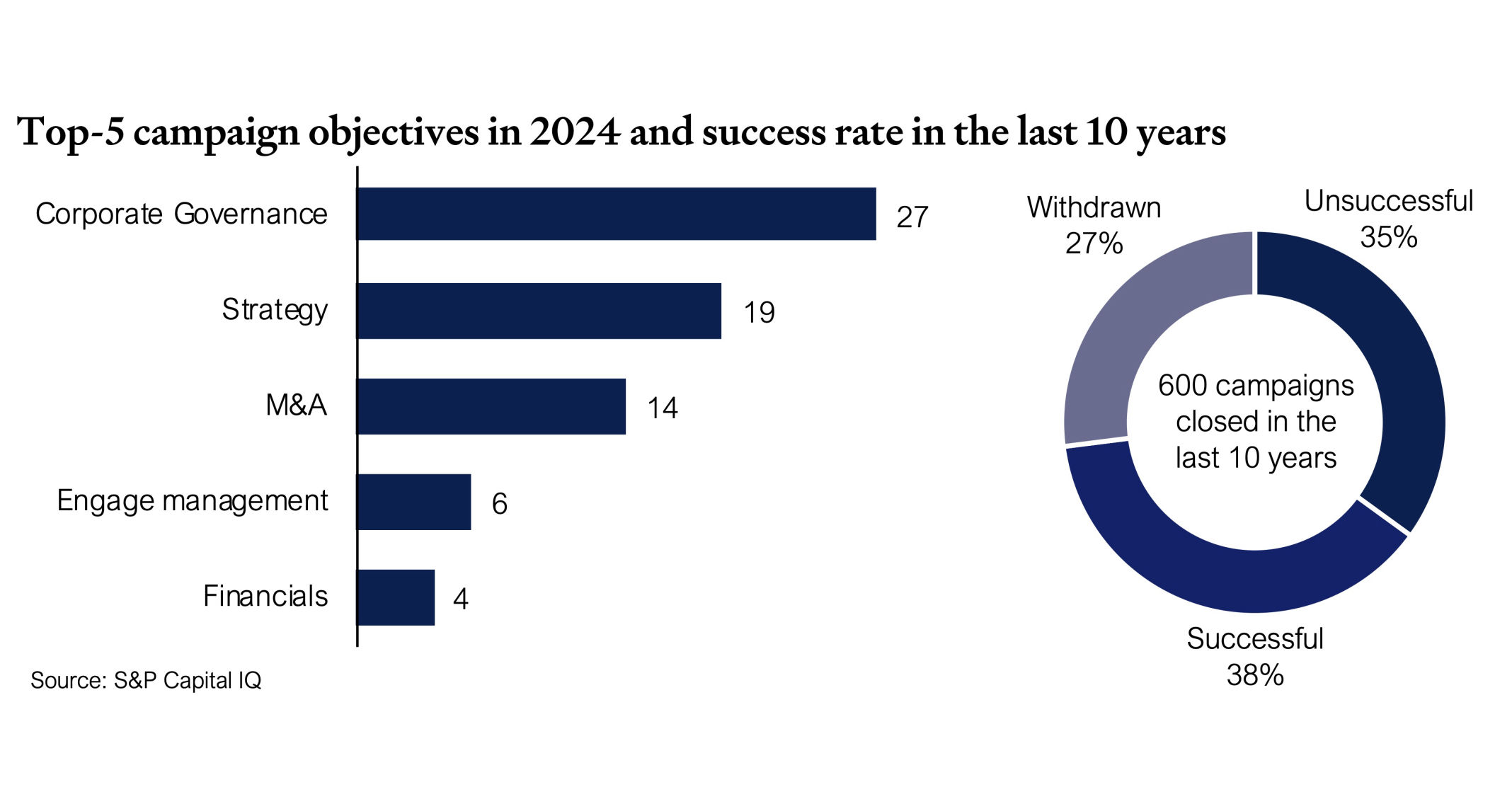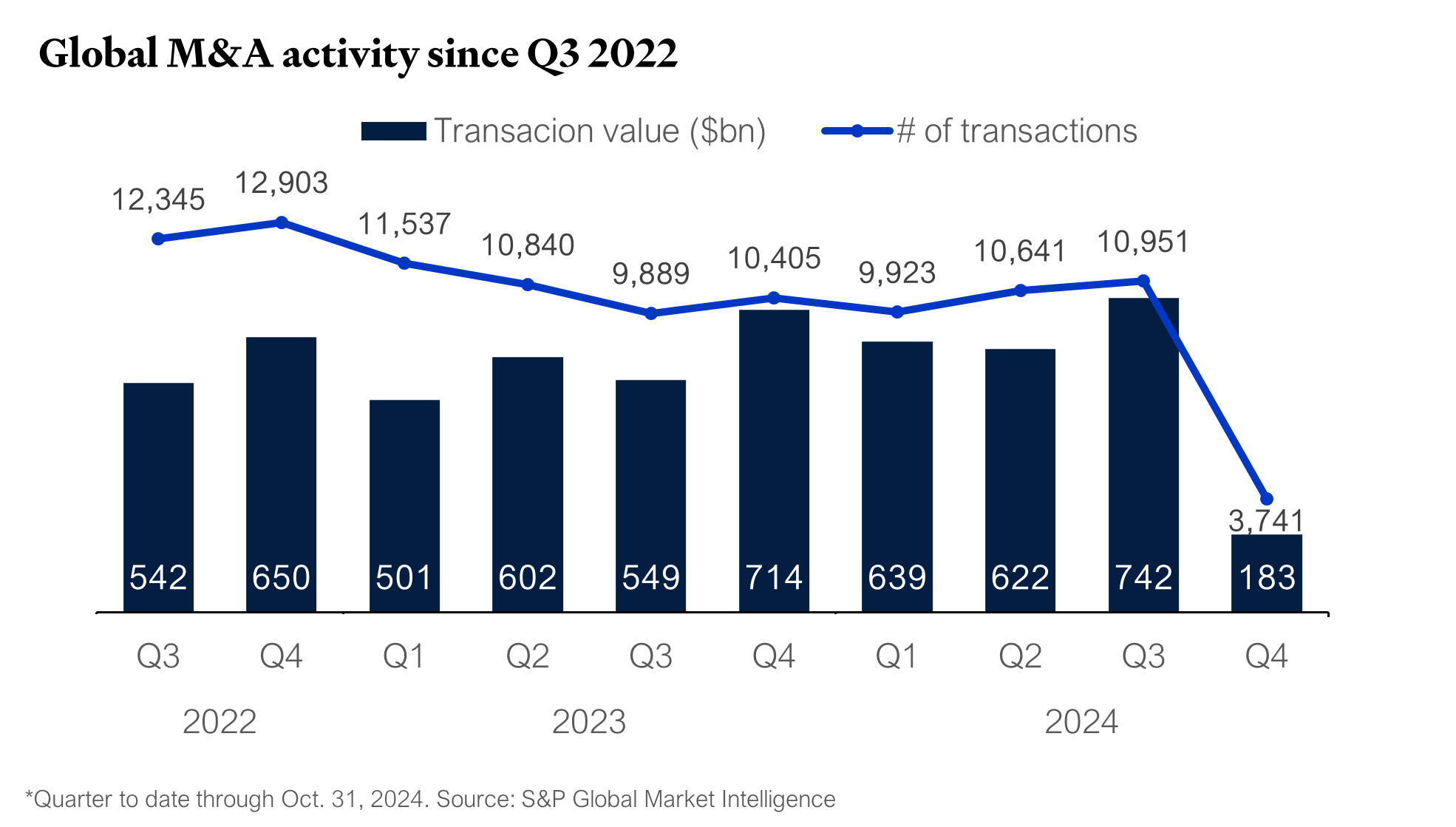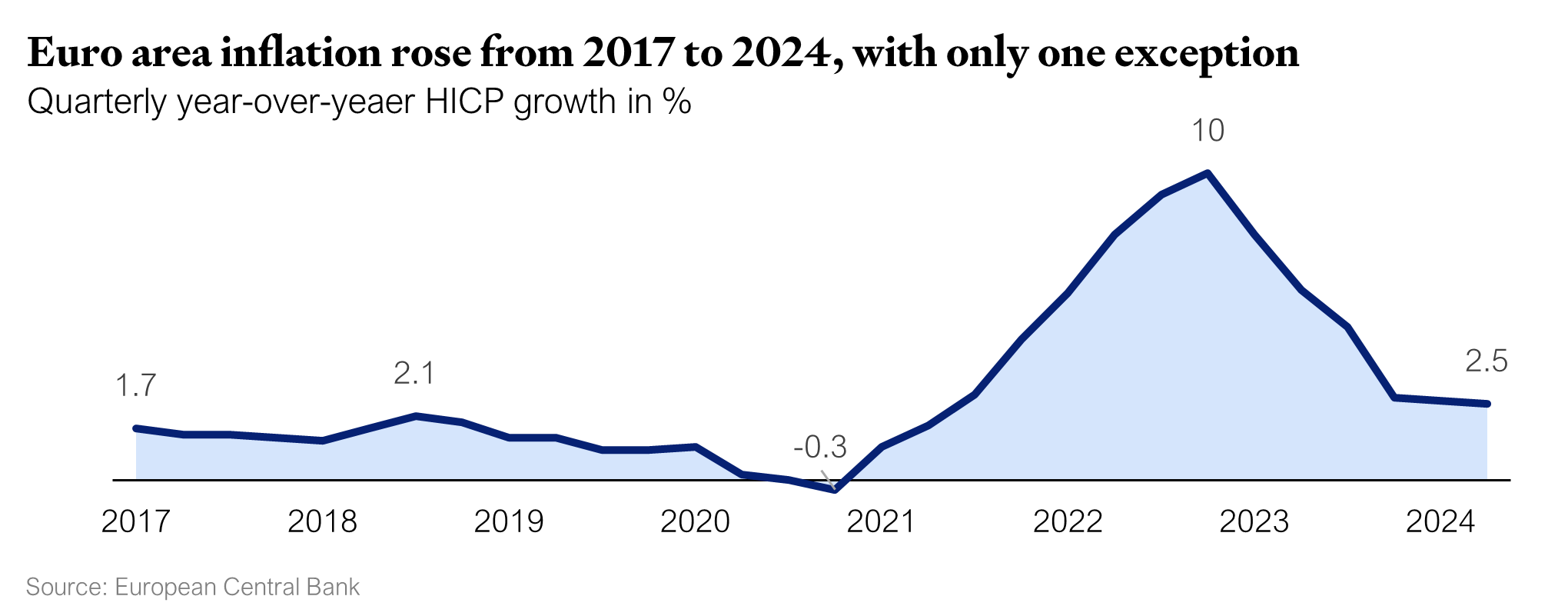
The impact of strategy consulting on industry innovation, performance, and global competitiveness
In an increasingly complex and competitive global landscape, strategy consulting plays a pivotal role in shaping innovation and industry performance. Research shows that consultants drive business growth by identifying new market opportunities, optimizing operational efficiency, and improving financial outcomes. Their expertise catalyzes innovation, diffusing novel practices across sectors and enhancing firms’ capacity for disruption. However, strategy consulting also raises concerns about standardization and the risk of diminishing market differentiation. Beyond large corporations, small and medium-sized enterprises (SMEs) now benefit from consulting services, fostering competition and driving industry-wide change. In this article we look at the multifaceted impact of strategy consulting, highlighting both its contributions and challenges.
▶ Read the full report
















